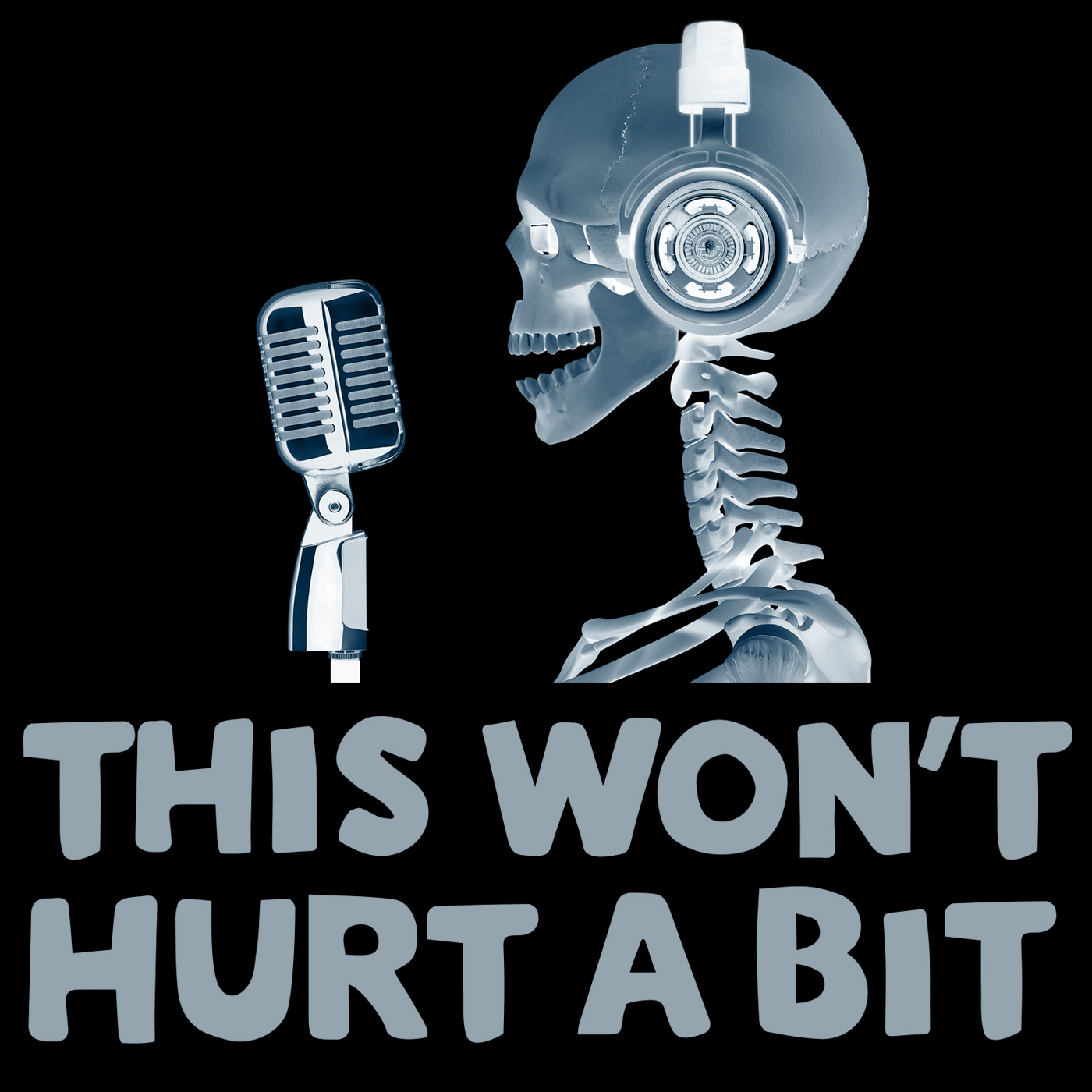Every person makes a chemical called adenosine throughout the day. As it builds up in your body, it makes you sleepy. The caffeine molecule displaces the adenosine, which is why you’ll feel more awake after consuming caffeine.
It takes around 15 minutes. The peak effect is within about one hour. The caffeine molecules go through and affect your whole body, but especially your brain.
Drinking caffeine during a night shift has proven to reduce errors on the job. This is why there’s always, always a pot of coffee in the ER— although, it may not be good coffee.
It goes to your heart muscles and triggers the release of chemicals that help with muscle contraction. If you aren’t a regular caffeine drinker, it can raise your blood pressure. This effect goes away with daily users. Overall, small to moderate doses may decrease your chances of a heart attack or stroke— by association.
A Hershey’s chocolate bar has 9 milligrams of caffeine. Iced tea has 15 to 20 milligrams. A standard diet Coke or Pepsi and an espresso shot has about 40 milligrams. An 8 ounce can of certain energy drinks have standardly 80 milligrams of caffeine. A standard 8 ounce cup of coffee has about 100 to 200 milligrams of caffeine.
By pure caffeine powder. 1 teaspoon has 3,200 milligrams— which is approaching the lethal dose. This is equivalent to 10 to 20 cups of coffee in 1 little teaspoon.
The recommended maximum is around 400 milligrams. The toxic amount in adults is 10 to 20 grams, the equivalence of about 100 cups of coffee.
It’s used to treat headaches— not ones caused from caffeine withdrawal. They help with tension headaches and migraines. When you add caffeine with aspirin or Tylenol, it’s more effective than just the medicines alone.
Based off of expert opinions of association, most say that consuming more than 200 milligrams or less of caffeine per day is safe. That’s about 1 cup of coffee, depending on size. It would be difficult to conduct a study on pregnant women.
Too much caffeine can lead to irregular and speedy heart beat, feelings of distress and anxiety, and even eventual hospitalization. Although rare, extreme amounts of caffeine can be lethal.
